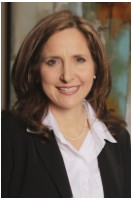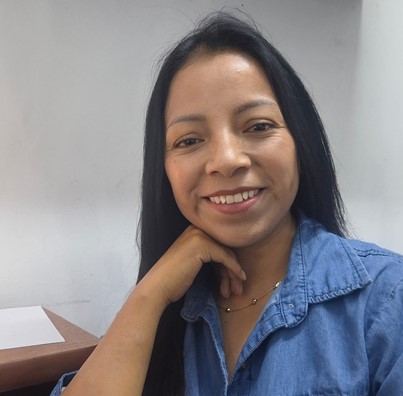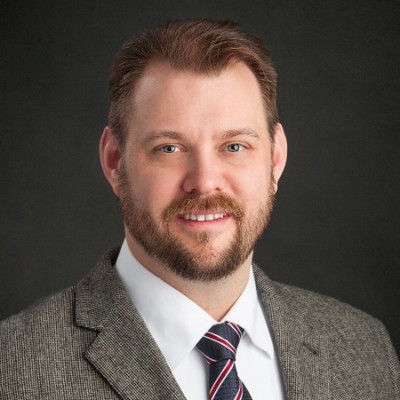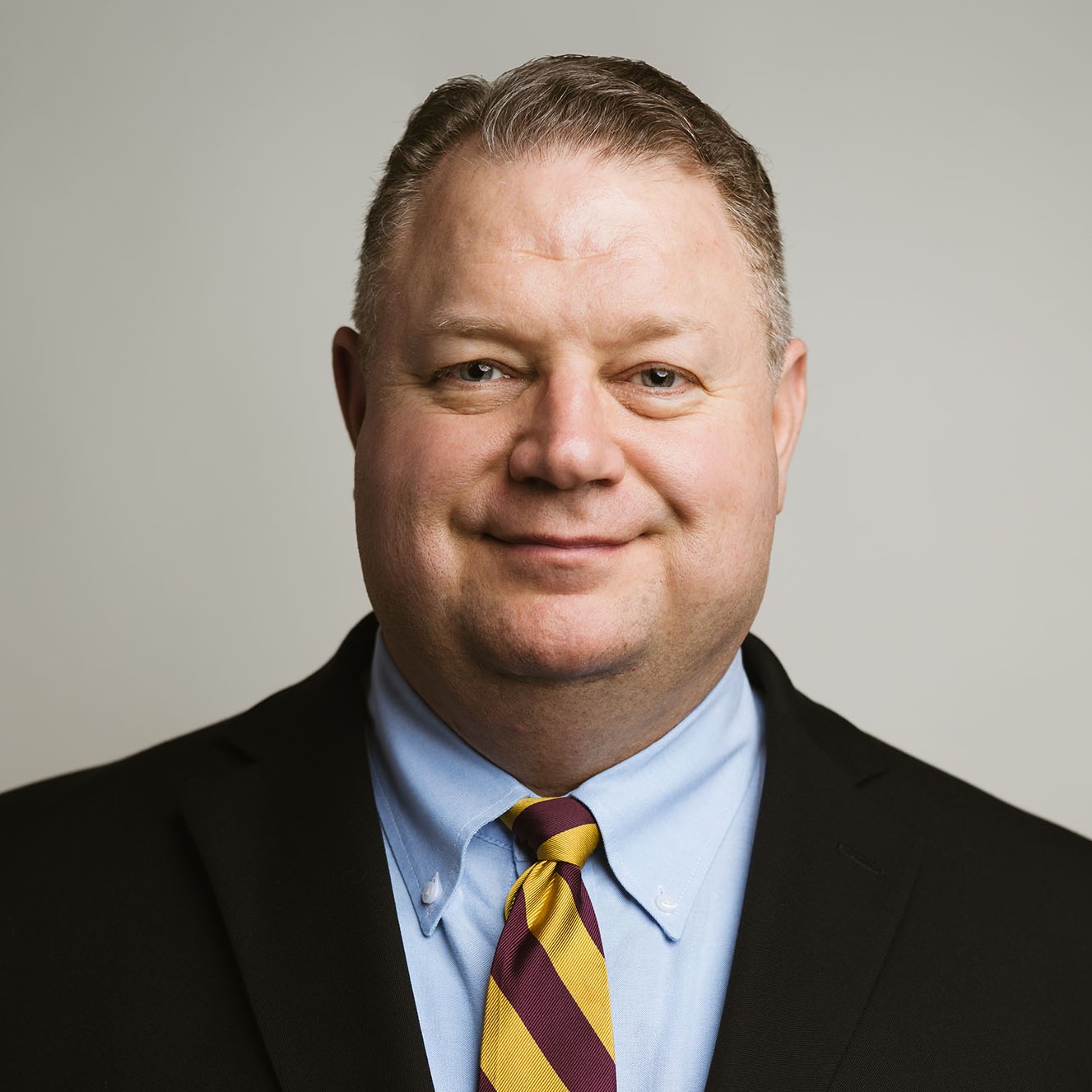Teachers and Classroom Research: Ownership, Relevance, and Conceptualisations
Language teachers are sometimes described as having a difficult relationship with classroom research. This talk explores how the underlying reasons for this are related to who owns the research process, its relevance for teachers and learners, and the way research is conceptualised. Rethinking what research consists of can empower teachers to be owners of the process on their terms, for their professional needs, and in ways that are relevant to their contexts, learners, and practice.
 |
Daniel Xerri is an associate professor in applied linguistics and TESOL at the University of Malta, and the Chairperson of the ELT Council. He has edited and authored over 200 publications, and has delivered plenaries and keynotes in 20 countries. His main research interest is professional learning. www.danielxerri.com |























